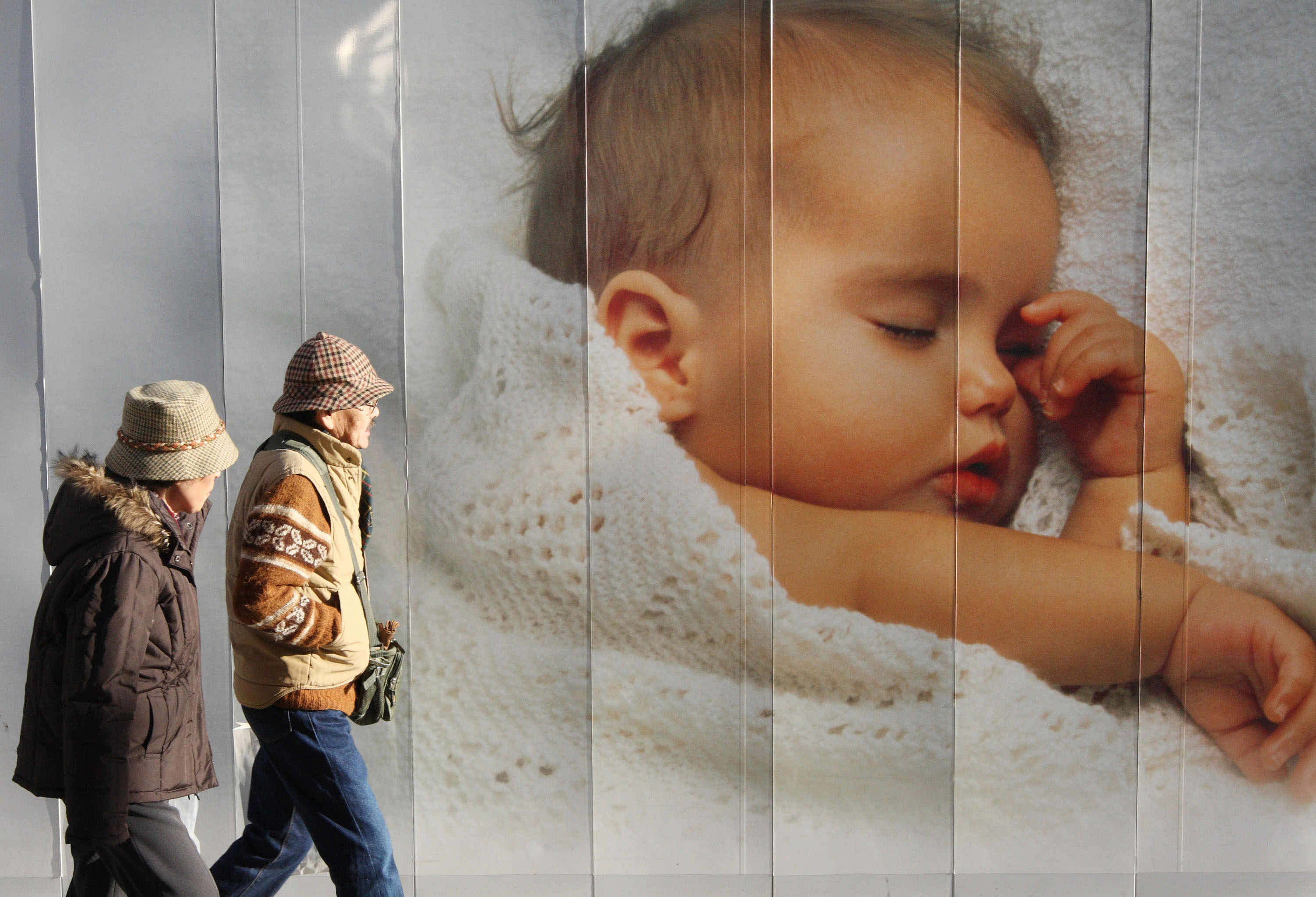Now that the special, once-a-decade occurrence known as Silver Week is behind us, it's perhaps worth noting that Keirō no Hi (敬老の日, Respect the Aged Day) was swallowed up in the holidays and virtually ignored.
Witness a scene that unfolded on the Tokaido Line one Sunday evening: An elderly man and woman boarded the train at Kawasaki and moved over to the yūsenseki (優先席, priority seats) designated for the elderly, pregnant women and people with disabilities. The man stood in front of a much younger man (presumed to be in his 30s) sitting there, headphones plugged in and fast asleep.
After waiting a few minutes, the elderly man said in a voice loud enough to penetrate those headphones: "Watashitachi no wakai koro wa chanto toshiyori ni seki o yuzutta mon da. Ima wa tanuki-neiri o suru yatsu bakari da" (わたしたちの若い頃はちゃんと年寄りに席を譲ったもんだ。今は狸寝入りをするやつばかりだ, "When we were young, we would always give up our seats for the elderly. Now, the young just pretend to sleep and refuse to take notice"). At this, the younger man opened his eyes and said: "Ore wa nichiyō ni hataraitekitan da. Anta wa asonde nenkin moratten daro? Anta no nenkin haratten no wa ore nan dayo!" (俺は日曜に働いてきたんだ。あんたは遊んで年金もらってんだろう? あんたの年金払ってんのは俺なんだよ, "I had to work on a Sunday. You're just playing around and drawing a pension. I'm the one who's paying for your pension, OK?").


















With your current subscription plan you can comment on stories. However, before writing your first comment, please create a display name in the Profile section of your subscriber account page.